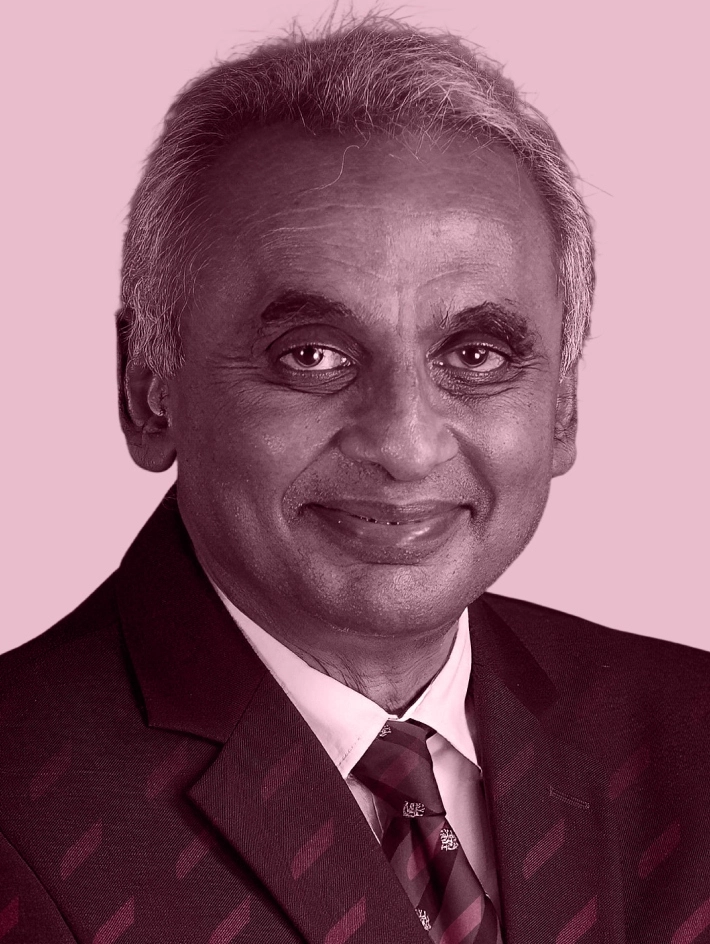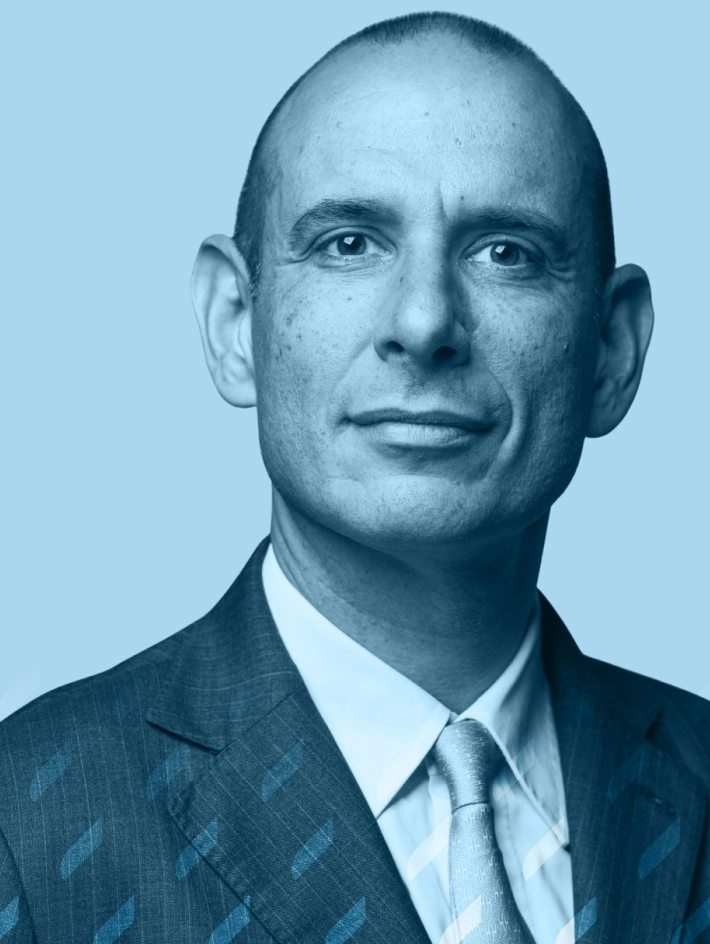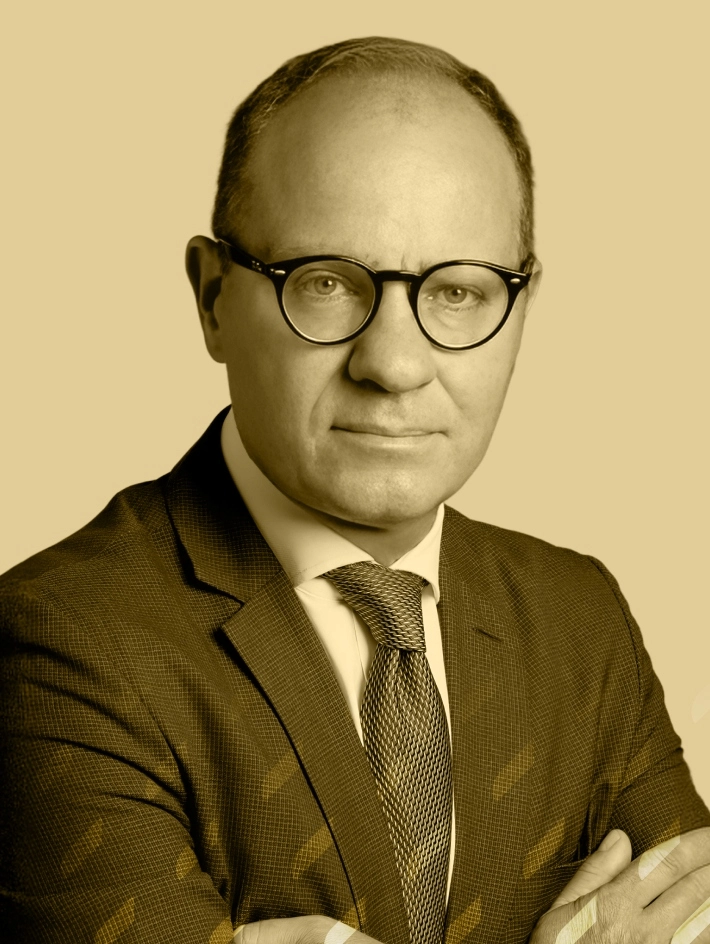Could you share a little bit of your background?
I was born in Mexico and have been living in the United States since 2006. I’m a dual-licensed attorney in Texas and Mexico, and I’ve built my career focusing on both domestic and cross-border real estate transactions. I’m currently a partner at Bell Nunnally in Dallas, where I advise clients on acquisitions, dispositions, development, and leasing of commercial properties, particularly in Texas. My practice also includes cross-border matters involving complex negotiations and multi-party transactions. I work across various asset classes—including industrial, hospitality, and retail—helping clients navigate the legal and business aspects of their investments successfully.
You’ve been a strong advocate for mentorship—what role has mentorship played in your career and how do you approach mentoring other women in law?
Mentorship has been pivotal throughout my career. Early on, I benefited from mentors who believed in me, opened doors, and gave me a seat at the table when I was the youngest or only woman in the room. Their support helped me develop confidence and navigate a field that can be both highly competitive and male-dominated.
Today, I see mentorship as a responsibility. I focus on creating genuine connections, understanding what young women lawyers need—not just in technical training but in building resilience, networks, and leadership skills—and then actively advocating for them. I believe mentorship is not just giving advice but opening opportunities, amplifying voices, and pushing for systemic changes that help women advance in law.
What challenges have you faced as a woman in law, and how have you overcome them to build your successful career?
Like many women in this profession, I’ve faced moments where my expertise was underestimated, particularly in cross-border negotiations traditionally dominated by men. Early in my career, I often felt the need to over-prepare and over-deliver just to earn the same credibility as my peers.
I overcame these challenges by building strong technical skills, being strategic in my relationships, and not hesitating to speak up for myself and others. Over time, I learned that having a strong support network and allies—both men and women—makes a huge difference in overcoming barriers and creating space for more women to thrive in this profession.
How do you balance your roles in litigation, appellate work, and leadership while championing inclusion within your firm and the broader legal community?
For me, balance is about prioritization and purpose. My transactional practice is demanding, often involving complex negotiations, multiple parties, and tight timelines, but I’ve learned to manage my schedule in a way that allows me to contribute meaningfully to leadership and inclusion efforts.
Championing inclusion isn’t a separate initiative—it’s part of how I practice law. Whether it’s mentoring young attorneys, nominating deserving women and diverse colleagues for leadership opportunities, or supporting firm programs that foster growth and connection, I make it a priority to integrate these efforts into my daily work. I see it as an investment: when we elevate others, we strengthen our teams, our firms, and the legal profession as a whole.
What advice would you give to young women lawyers starting their careers, especially in navigating complex disputes like those you handle?
I would tell them four things:
- Build your expertise relentlessly. Knowledge is confidence, and confidence earns trust.
- Ask for opportunities. Don’t wait to be invited—raise your hand for challenging matters and client-facing work.
- Find your champions and be one for others. Mentorship and sponsorship open doors that hard work alone sometimes cannot.
- Network, network, network.
How has being part of Legalink’s network helped you connect with other women leaders globally, and what opportunities do you see for further collaboration?
Legalink has been an incredible platform for building global relationships with talented women leaders in law. It’s not only broadened my professional network but also provided a space to share experiences and strategies for breaking barriers in our respective jurisdictions.
I see opportunities to strengthen these connections further through more structured mentorship exchanges, joint initiatives, and collaborative thought leadership on global issues impacting women in law. The more we leverage our collective voices and expertise, the greater the impact we can have for the next generation of women lawyers worldwide.



